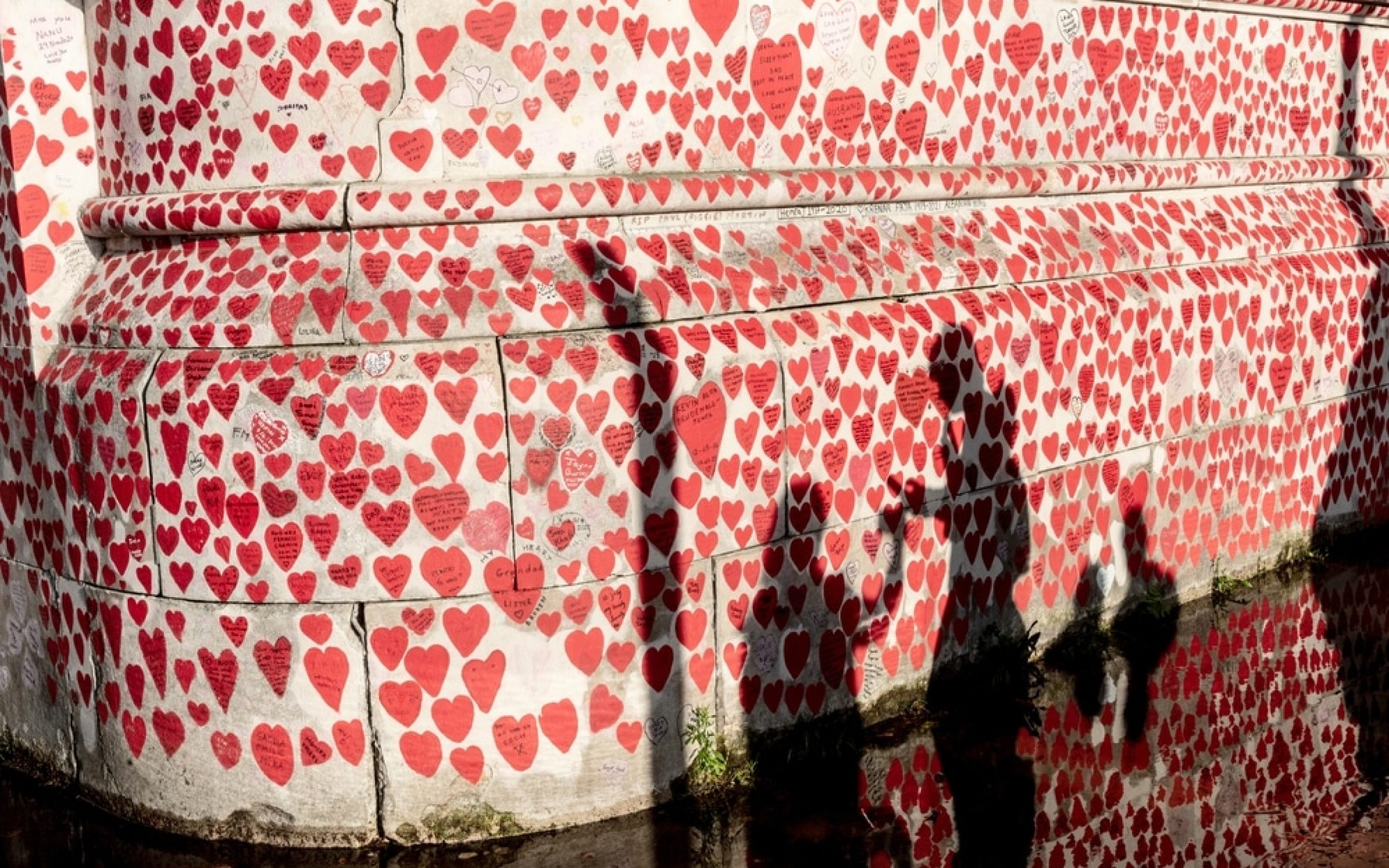It is a long-standing tradition, in Britain as in other developed countries, that once the dust has settled on any major national crisis it must be subjected to a post-mortem in the shape of a public inquiry. Such action is a clear necessity, since only by determining exactly what happened and in which areas the response was adequate or otherwise is it possible to learn the appropriate lessons, with a view to ensuring more effective counter-measures against any comparable crisis in the future.
That principle commands consensus, both here and abroad. Unfortunately, that consensus ends with the basic principle and seldom survives the preliminary discussions on the nature and remit of any inquiry. A government will try to structure an inquiry along lines calculated to focus least on areas of potential embarrassment, while an opposition will aim at the opposite effect. The credibility of the whole inquiry system was badly damaged by the Saville Inquiry into the Bloody Sunday shootings, which lasted for 12 years, at a cost of £400m.




